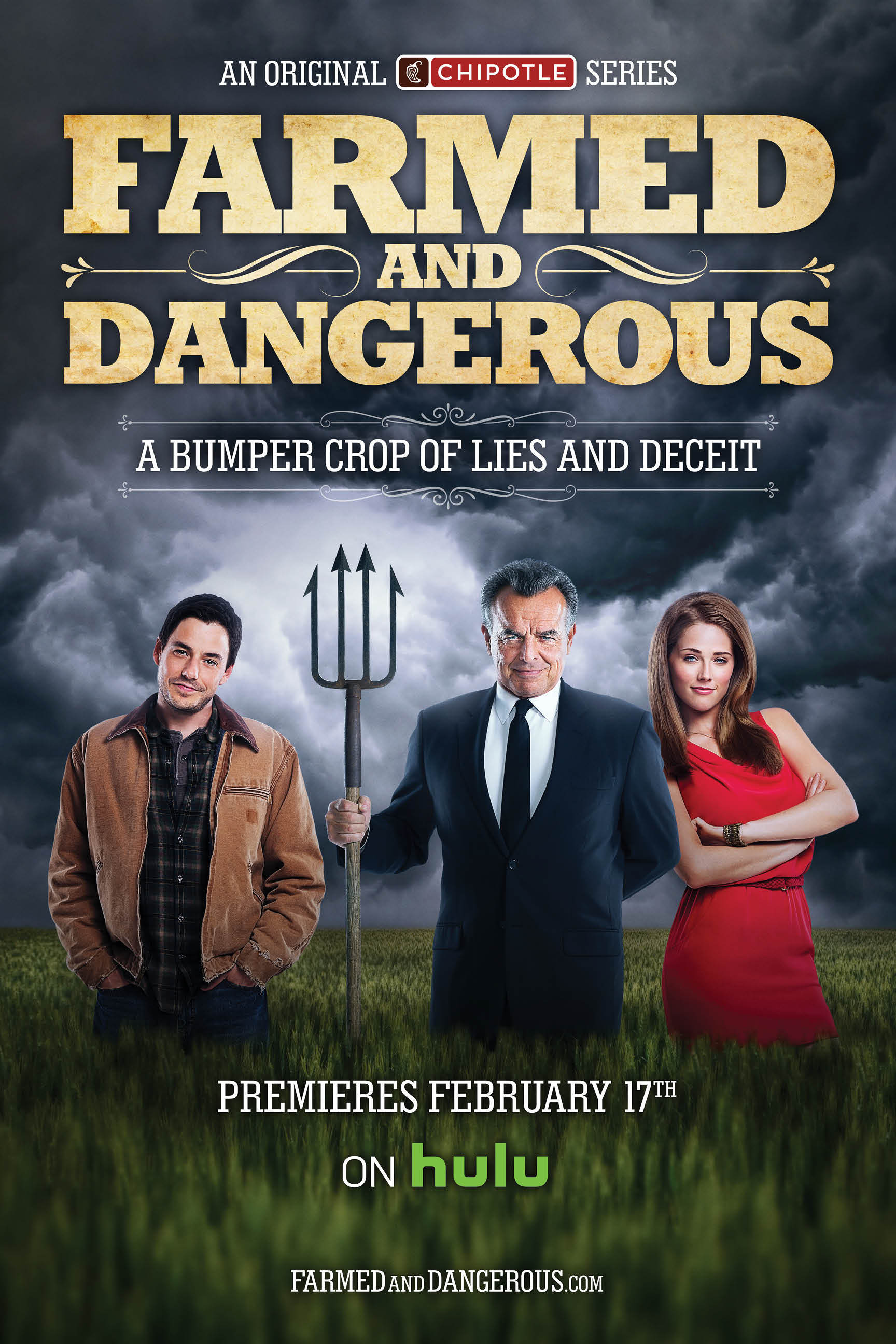I really enjoyed Lexie's presentation yesterday and I'm glad she shared from her religion and family values, very educational!
My family's food values have definitely evolved over the last decade. When I was about eight, my mom decided that she wasn't happy with our family's diet; we were eating a lot of beef and other kinds of meat as well as baked goods that are heavy in butter/oil/fat. She educated herself about healthier ways of cooking(tofu is a great substitute for beef in a casserole) and found better ways to make carbs (homemade bread, substituting yogurt/apple sauce for canola oil in muffins). I'm so thankful to her for introducing those changes early on; they've really shaped my food choices today. Because my mom proved to me that lots of meat isn't necessary for protein, I am completely meat free and LOVE tofu.
I think back to how my Grandma cooked; she was very skilled and we always loved what she made, but high in meat and fat and while there are recipes from my Grandma that I truly cherish, I have to say that food values in a family evolve and I respect my mom for finding a better path for all of us.
Since my dad grew up in a family with a very traditional diet, my mom, while still concerned with lessening the family's red meat consumption, will still make it a point to cook beef in a healthier way because that is one of his food traditions. Food is certainly a great way to demonstrate respect for someone!
Tuesday, April 15, 2014
Tuesday, April 8, 2014
Perspectives on Global Warming/Agriculture
Monday's talk on agriculture and climate change was really eye opening and aligned with so much of our class discussion. There were so many moments that just clicked for me and these insights hand't been presented to me in the past. I wish more of this information had been made available in the media, I really appreciated that the simple facts were presented and solutions given. I want to discuss some of those issues below.
The perspective of climate change in reference to worldwide crop yields was completely new to me and so important in light of world hunger. As the Dr. Karowe indicated, the persons who will suffer the most from decreased crop yields projected (wheat 50%, corn 35% approximately in the next hundred years) are the persons who had nothing to do with creating the problem. I have the privilege of knowing many international students from different parts of Africa and Asia, and I feel a keen sense of disappointment in my culture that we created this crisis that will one day hurt their homelands.
What really captured my attention was the solutions to creating greener energy sources and how logical and imperative it is to switch to these methods. Once again, I've never been exposed to this type of comprehensive research and solutions; I wish I had been sooner. You hear, of course about personal responsibility and reducing our carbon footprints, which is vital, but the whole system is going to have to be redesigned if we want to avert the crisis that we have before us.
Thanks to Dr. David Karowe for bringing this information and giving a new perspective on a controversial topic.
Friday, April 4, 2014
Food Justice: Does it Matter?
What I loved about Karika's talk was her focus on community responsibility; this issue is so much greater than me worrying about how I can afford produce. This is about families in the Edison neighborhood accessing tomatoes and fruit, about the alarming number of liquor stores that deprive local families of food options, and the health of the person living across the street. As Karika said, food is about relationships. We need to care for our community members' food needs, just like we take care of our own. It broke my heart to hear stories about kindergarten students whose parents couldn't afford to buy them fresh fruit and having to eat processed food instead.
This talk really aligned with class explorations and I hope that it will make a difference to many in this community.
http://www.kpl.gov/reading-together/2014/
http://www.kalamazoocity.org/kalamazoo-farmers-market
http://www.kalcounty.com/hcs/che/kphillips.htm
An Indian Lunch: An adventure in Cuisine
Anita, Jordan, and I had lunch at Saffron's on West Main. The restaurant is family owned and had a personalized appeal. Their $10 lunch buffet was fantastic, featuring a variety of authentic dishes, including meat, vegetarian, and vegan selections.This dish above is call Navrathan Korma, a delicious blend of vegetables and spices in a coconut milk sauce that the three of us were simply delighted with. The flat bread or Plain Naan was home made and liberally sprinkled with herbs.
The spices are arresting and sophisticated to a Western palate, as most sauces and dishes feature over 30 spices.
Also highly unusual to a person used to American cuisine was the salad that featured both fruit and vegetables in a vinegar sauce. I never would have thought that combination would prove good, but it was probably our favorite dish, judging by the number of times we went back for more. In addition to quality food, the servers were very friendly; I didn't even have to ask the waiter to answer some questions, he saw my notebook, handed me a menu and asked me what I would like to know. When asked, Abhi told us that the food is carefully selected, especially the meat. The chicken is procured in Grand Rapids, where the chickens are slaughtered in a more humane way than the typical slaughterhouse. The owner of the restaurant is deeply invested in the quality of the food and is responsible for purchasing, preparing, and supervising the food. If he is not able to be present at the restaurant, then it is closed until he returns. This really impressed me and draws a sharp contrast to the fast food corporations that have taken over our diets. The sauce that is used in many of the dishes takes three days to make, adding the spices and simmering the vegetables, a very involved process. Once you taste it though, you understand why. Saffron's started ten years ago when the owner decided to start a restaurant like the one his brother owns in Boston, also called Saffrons. Since then, this restaurant has been serving quality Indian cuisine. 
In addition to telling us about the restaurant itself, Abhi outlined a typical Indian diet for us, explaining that meat consumption is much lower in his culture and that they eat a variety of beans and grains. While this sort of diet seems unusual or even impossible to many Americans, this restaurant is proof that it is both healthy, ethical, and delicious!
Video Game Presentation and Food Satire
I found Casey and Joe's presentation really educational and appreciate their insights on video games and food. I have never been into video games, so to hear from 'gaming' experts was interesting and new for me. The two games that really stuck out were Border Patrol and Grand Theft Auto. Our explorations into the migrant worker plight illuminated so many misconceptions about these persons and that game really brought that home to me. I would have considered that game distasteful before this class, but understanding the underlying prejudices that led to its creation is sickening.
It was also really insightful to watch the Cluckin Bell commercials embedded in Grand Theft Auto; I hope the people playing those games actually stop and recognize them for the satire that they are.
Speaking of satire, Chipotle launched four 50 minute videos called Farmed and Dangerous, kicking off a series of tongue in cheek satire directed at fast food chains. The trailer is hilarious, probably because it is so completely accurate about factory farming. A scientist grows an eight wing chicken and the bureaucrat who is always thinking about the bottom line says that 'Those people died from eating, not starving. That's progress.' References to chemicals used on the animals to enhance growth are all throughout the clip and for a person who was never confronted these issues, I think it will be impacting and eye opening.
The motive behind Chipotle's efforts is to raise awareness regarding ethical agricultural practices and treatment of animals. I like that they are addressing broader issues instead of just trying to sell burgers.
I wonder what our food system would look like if more companies addressed broader, community issues instead of just trying to sell more of their product?
Subscribe to:
Posts (Atom)




